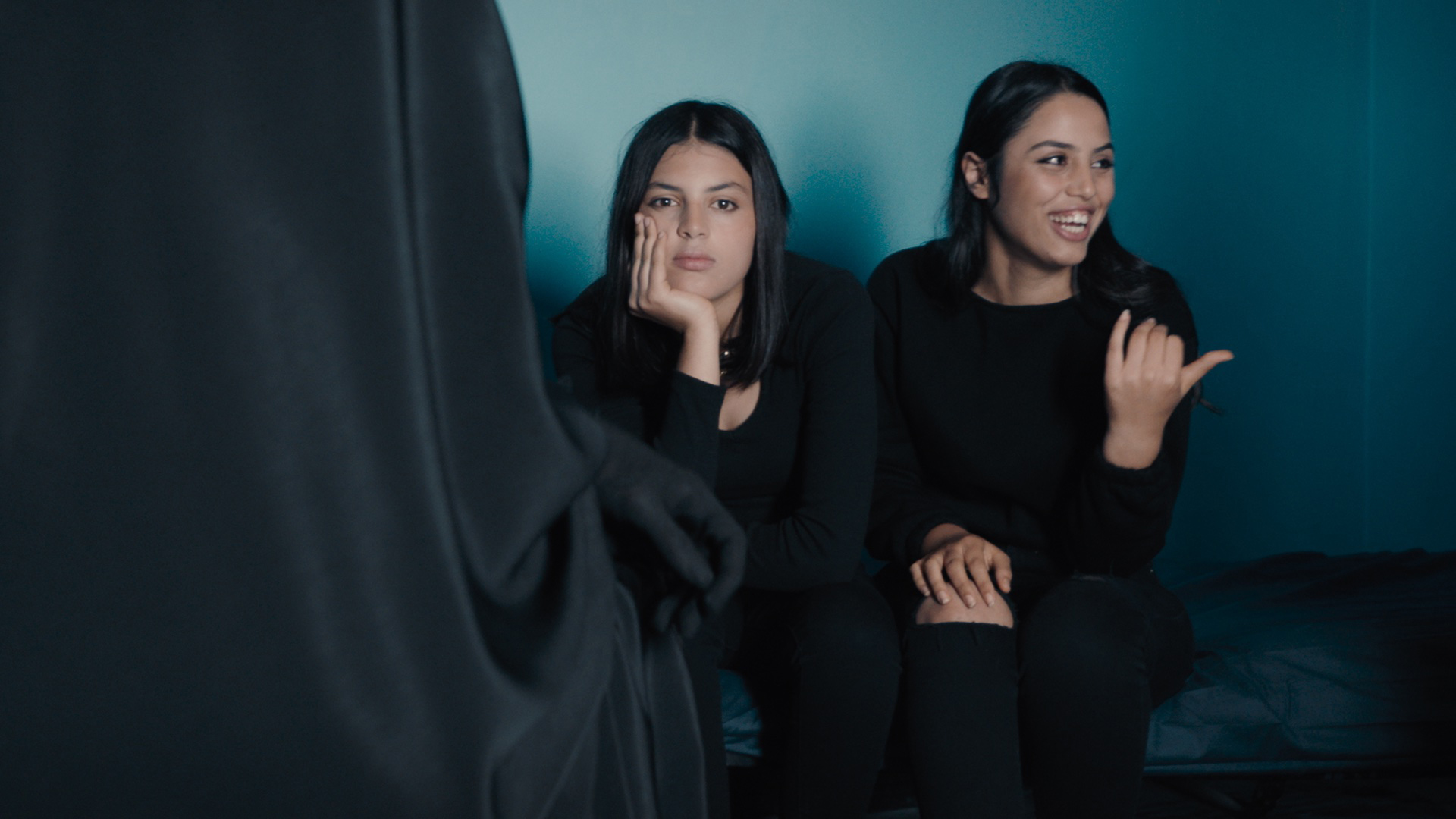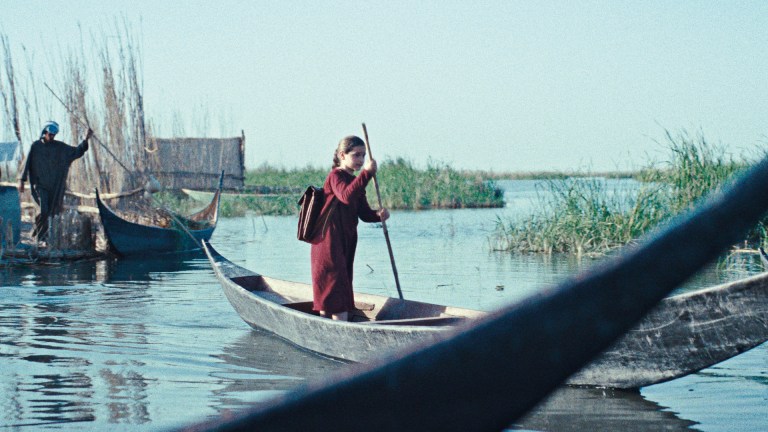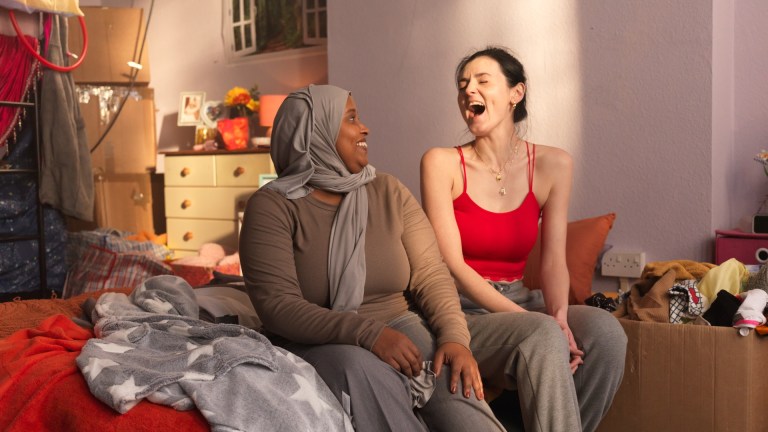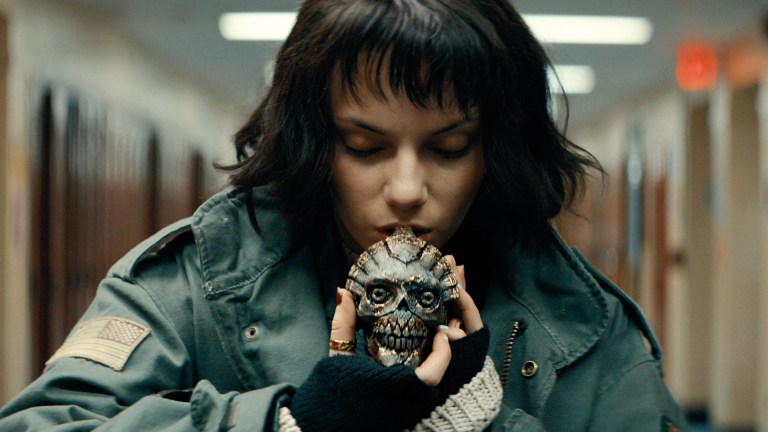From the opening of Four Daughters, you can feel something is missing. The documentary explores the private world of an all-female Tunisian family, made up of mother Olfa Hamrouni and two daughters Tayssir and Eya, probing their loss of two older sisters, Ghofrane and Rahma. Where did they go so suddenly? What needs to be uncovered to understand their departure?
Despite the warmth and charm of the documentary subjects (Olfa laughs at the beginning that she sees herself as the older storytelling Rose in Titanic), there’s an underlying sense of discomfort surrounding the family’s loss. “It’s a movie about those who stay and those who feel the absence,” explains Kaouther Ben Hania.
Get the latest news and insight into how the Big Issue magazine is made by signing up for the Inside Big Issue newsletter
Four Daughters is the second Oscar-nominated film for the Tunisian director, making her the first Arab woman to score two nominations at the Academy Awards. But her satire on the entrenched colonialism of the art world, The Man Who Sold His Skin, was a relatively conventional drama compared to Four Daughters, which uses actors to represent Ghofrane, Rahma and a younger Olfa in recreated scenes and discussions with those who were left behind.
In 2016, Ben Hania learned of an all-female Tunisian family who had spoken out about their two older daughters becoming radicalised into joining Islamic State. “At the beginning the idea was to do a more conventional documentary, but little by little I understood that this wasn’t enough,” she explains to The Big Issue. After her 2021 nomination, she returned to Olfa, realising that “if I want to understand the origin of this tragedy, I have to dig deep in this family’s past. And since the past is not available any more to be filmed, maybe I need to use a documentary cliche – re-enactments – in a way that gives me the possibility not only to bring the past to the present, but also to analyse it.”
All six players pick up their roles and drop them with ease, resulting in a film that’s both captivating and tricky to pin down. Olfa is a commanding central presence, but her own testimony complicates the strict social codes she imposes on her daughters. Tayssir and Eya are confident, generous subjects, falling into a rhythm with the two actors playing their sisters (Ichrak Matar and Nour Karoui), which allows them to think critically in real time about the conditions – both inside and outside the home – that spurred their sisters’ radicalisation.









